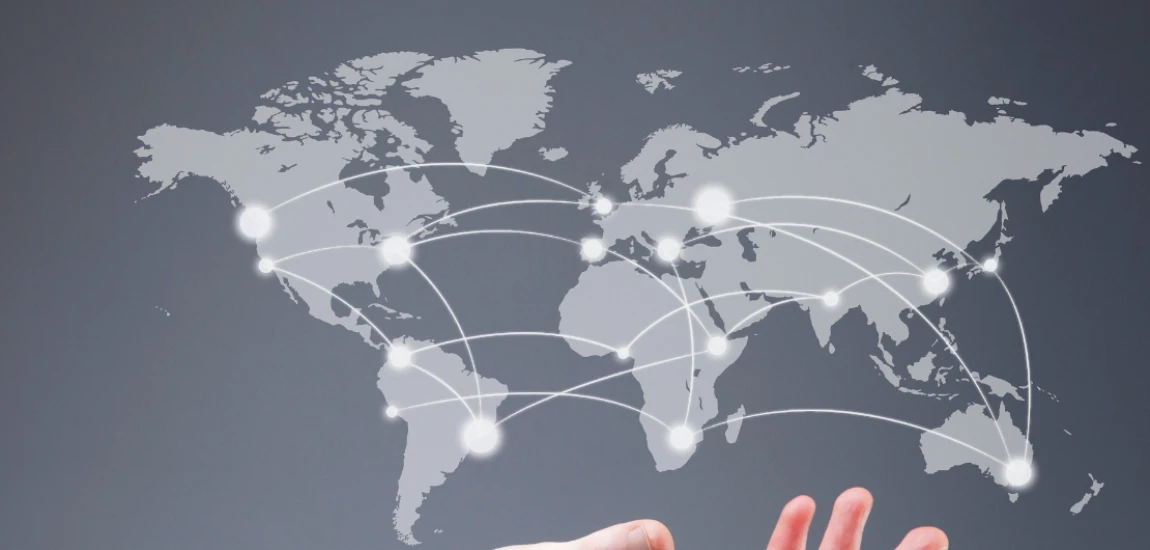Data Colonialism: Who Owns the Global Mind?

Colonialism once meant ships, soldiers, and territorial conquest. Today, however, a new form of colonization is reshaping the world—not of land or resources, but of data. The digital age has given rise to what scholars call data colonialism, where corporations and governments harvest personal and collective information at unprecedented scales, transforming human experience into a resource for profit and control.
The central question is striking: who owns the global mind? If data is the raw material of modern economies, then controlling it means controlling how societies think, behave, and interact. Tech giants now rival entire nations in power, using vast databases to predict consumer behavior, influence politics, and even rewrite cultural narratives. Meanwhile, individuals often remain unaware of the true value of their digital footprints.
This blog explores how data colonialism operates, its historical roots, its ethical consequences, and what it means for the future of human freedom. As the global mind becomes a contested territory, the stakes are higher than ever.
The Roots of Data Colonialism: A Digital Land Grab

Colonialism Then and Now
Traditional colonialism revolved around seizing land, natural resources, and labor. In today’s digital landscape, the parallels are striking. Just as colonizers extracted wealth from colonies, tech companies now extract value from human behavior. Every click, like, search, and movement contributes to a growing database of human activity—resources that corporations monetize.
The difference is scale. Unlike land or gold, data is infinite. Every day, humans generate 2.5 quintillion bytes of data, feeding an ever-expanding digital empire. This makes data the most valuable commodity of the 21st century, eclipsing oil as the engine of global power.
Surveillance Capitalism as a Colonial Tool
Coined by scholar Shoshana Zuboff, surveillance capitalism describes how businesses turn personal information into predictive products. This mirrors colonial logic: extract, exploit, and dominate. Platforms like Google, Facebook, and TikTok don’t just collect data—they reorganize human behavior to maximize profit.
Global Inequalities in the Digital Age
Data colonialism also perpetuates inequality. Most digital infrastructure and platforms are controlled by companies based in the Global North, while users from the Global South provide data without equivalent benefit. Just as natural resources once flowed outward from colonies, data now flows from marginalized populations to powerful tech hubs, reinforcing a hierarchy of control.
The Global Mind: Collective Data as a Resource

What Is the Global Mind?
The “global mind” refers to the sum of human thought, behavior, and culture as reflected in our collective data. Search queries reveal what societies fear or desire, while social media posts capture how communities express identity. Together, this data forms a real-time reflection of global consciousness.
The Commodification of Human Thought
When platforms analyze this data, they don’t just study trends—they actively shape them. Recommendation algorithms decide what news you see, what videos go viral, and even how political discourse unfolds. This commodification of thought blurs the line between what people want and what people are nudged to want. In effect, corporations not only own the data but also steer the global mind itself.
AI and the Feedback Loop
Artificial intelligence intensifies this dynamic. Trained on massive datasets, AI models replicate human creativity, decision-making, and communication. Yet, because these models rely on biased or incomplete datasets, they risk amplifying existing inequalities and reinforcing corporate control. The more we feed AI systems, the more they shape the collective consciousness, creating a feedback loop where control deepens with every interaction.
Ethical and Political Implications of Data Colonialism

Who Owns Your Data?
The most pressing ethical question is ownership. Legally, corporations argue that data collected from users belongs to them under consent agreements buried in terms and conditions. Ethically, however, this resembles colonial extraction—individuals provide raw material without fair compensation. Shouldn’t people have sovereignty over their personal information?
Digital Rights and Human Autonomy
If data represents modern human labor and thought, then failing to protect it undermines autonomy. The ability to consent, withdraw, or monetize one’s own data becomes a new frontier of human rights. Without proper safeguards, digital colonialism risks creating a world where citizens have no agency over their own identities.
Political Manipulation and Sovereignty
Beyond personal autonomy, data colonialism poses geopolitical threats. Scandals like Cambridge Analytica showed how data could sway elections and destabilize democracies. In the wrong hands, control of the global mind could mean control of entire nations—not through military power, but through algorithmic influence.
Resistance and Reclamation: Challenging Data Colonialism

Data Sovereignty Movements
Nations and communities are beginning to push back against data colonialism through data sovereignty initiatives. Countries like India and Brazil are introducing laws requiring data generated within their borders to remain locally stored. This is a digital equivalent of reclaiming land and resources once seized by colonizers.
Ethical Tech and Decentralization
Technologists are also exploring decentralized alternatives. Blockchain-based platforms, for example, allow users to own and control their digital identities. Ethical AI initiatives promote transparency, accountability, and inclusivity in algorithm design. These approaches seek to break the monopoly of tech giants and return power to individuals.
Personal Resistance: Protecting Your Digital Self
On an individual level, people can fight back by using privacy tools, supporting open-source platforms, and demanding stronger regulations. Choosing services that prioritize user rights over profit is a small but powerful step toward reclaiming autonomy. Resistance begins with awareness—and grows with collective action.




